After a traffic accident, law enforcement officers are tasked with determining if any violations of the Highway Traffic Act contributed to the incident, which may include issues like speeding, distracted driving, or failing to obey traffic signs. Tickets for such violations are typically issued at the scene of the accident. However, in some cases, you might receive a ticket days or even weeks after the event. This can happen when further investigations reveal new evidence, such as additional witness testimonies, video surveillance footage, or after detailed forensic analyses are completed, pointing to infractions that weren’t immediately apparent.
The possibility of receiving a ticket well after an accident has occurred underscores the ongoing nature of traffic investigations and the legal principles that govern road safety. Law enforcement agencies take the time necessary to thoroughly review all aspects of an accident before deciding to issue a citation. This process ensures that all factors are considered and that any tickets issued are backed by solid evidence. Such diligence is crucial in maintaining justice and accountability on the roads, but it also means that drivers need to be aware of the potential for receiving late notices regarding traffic violations.
Can You Get a Traffic Ticket Days After an Accident?
Yes, it is entirely possible to receive a traffic citation days or even months after an accident has occurred in Ontario. The issuance of such a ticket usually follows a thorough investigation by police, where new evidence suggests a traffic law was violated leading up to the accident.
Does Pleading Guilty to a Traffic Ticket Affect My Compensation Claim?
Pleading guilty to a traffic ticket can indeed affect your compensation claims in personal injury cases. Admitting fault for the traffic violation might be used against you in civil court to argue contributory negligence, potentially reducing the amount of compensation you could receive.
Why Might It Take Days or Months Before You Get A Ticket?
The delay in issuing a ticket can often be attributed to the time required to investigate a complex accident scene. Law enforcement needs to ensure all facts are accurately collected and analyzed. This might involve:
- Reviewing surveillance from nearby cameras.
- Interviewing multiple witnesses who saw the incident.
- Waiting for technical reports from accident reconstruction experts.
How Long Do Traffic Tickets Take to Process?
The processing time for traffic tickets can vary significantly. While some tickets are issued immediately at the accident scene, others might take days or even months if they rely on extensive investigative work. The police have the authority to issue a ticket up to six months after an incident if new information justifies it.
How Receiving a Ticket After an Accident Can Affect Your Insurance Rates?
Receiving a traffic ticket after an accident usually leads to increased insurance premiums. Insurers view traffic violations as indicators of risky driving behavior, which statistically correlates with a higher likelihood of future claims.
Types of Tickets Issued After an Accident
Common types of tickets issued after an accident may include, but are not limited to:
- Careless driving
- Driving under influence (DUI)
- Speeding
- Failing to obey traffic signs
- Red light – Fail to stop
- Failure to Stop at a Stop Sign
- Fail to Yield
How to Respond if You Receive a Ticket Days or Weeks After an Accident?
Upon receiving a ticket a significant time after the accident, handling the situation with precision and care is crucial. Here are detailed steps to effectively manage such a situation:
- Review the Ticket for Any Factual Inaccuracies: Begin by meticulously examining the details on the ticket. Check for any inaccuracies in dates, times, locations, or the nature of the alleged offense. Errors in these details can significantly impact the validity of the ticket and may provide a basis for contesting it.
- Consider the Circumstances and Evidence Listed That Led to the Ticket: Reflect on the accident’s context and the evidence provided to support the issuance of the ticket. Consider whether there were external factors such as weather conditions, malfunctioning traffic signals, or actions of other drivers that may have contributed to the incident. Understanding these elements is essential for forming a defense.
- Consult with a Professional to Explore Your Options for Defense or Possible Ticket Dismissal: Engage with a paralegal who has expertise in traffic law within Ontario. A professional can offer advice on legal strategies, help interpret the complexities of your case, and guide you through the process of contesting the ticket or negotiating for lesser penalties.
What to Do with A Ticket You Receive Days After An Accident?
Receiving a ticket after a delayed period from the date of the accident necessitates a strategic approach:
- Gather All Relevant Evidence and Documentation Related to the Accident: Compile all documents such as photographs from the scene, witness statements, your own recollections of the incident, and any correspondence with insurance companies. This collection will be invaluable in building your case or defense.
- Discuss the Implications of the Ticket with a Qualified Paralegal: It’s vital to consult with a paralegal who specializes in traffic laws and the Highway Traffic Act of Ontario. A paralegal can assess the strength of your case based on the gathered evidence and explore potential defenses. They can also discuss the possible impacts of the ticket on your driving record and insurance rates, providing tailored advice on whether to contest the ticket or seek alternative resolutions such as plea bargains.
In each step, the goal is not just to address the ticket itself but also to mitigate any additional consequences, such as increased insurance premiums and points against your driving record. Taking these actions helps ensure that your rights are protected while also addressing the ticket in a manner that acknowledges the complexities of traffic law enforcement and accident investigation.
Contact Traffic Paralegal Services
If you find yourself facing a ticket after an accident, it is advisable to seek professional guidance. The team at Traffic Paralegal Services is adept at navigating the complexities of traffic violations and can help protect your rights and minimize potential penalties.
Conclusion
In Ontario, it is entirely possible to receive a traffic ticket days or even weeks after a traffic accident. This can occur when subsequent investigations uncover new evidence, such as video surveillance, additional witness testimonies, or expert reports, which suggest a traffic law was violated leading up to the incident.
Receiving a ticket after a significant delay often necessitates careful handling. Drivers should not rush to plead guilty but rather assess the ticket critically and consider seeking professional advice. Consulting with an experienced paralegal from Traffic Paralegal Services can provide crucial guidance on how to proceed, potentially contesting the ticket and mitigating any adverse effects on insurance rates and legal standing. This approach helps ensure that drivers’ rights are protected while upholding the integrity of the law.
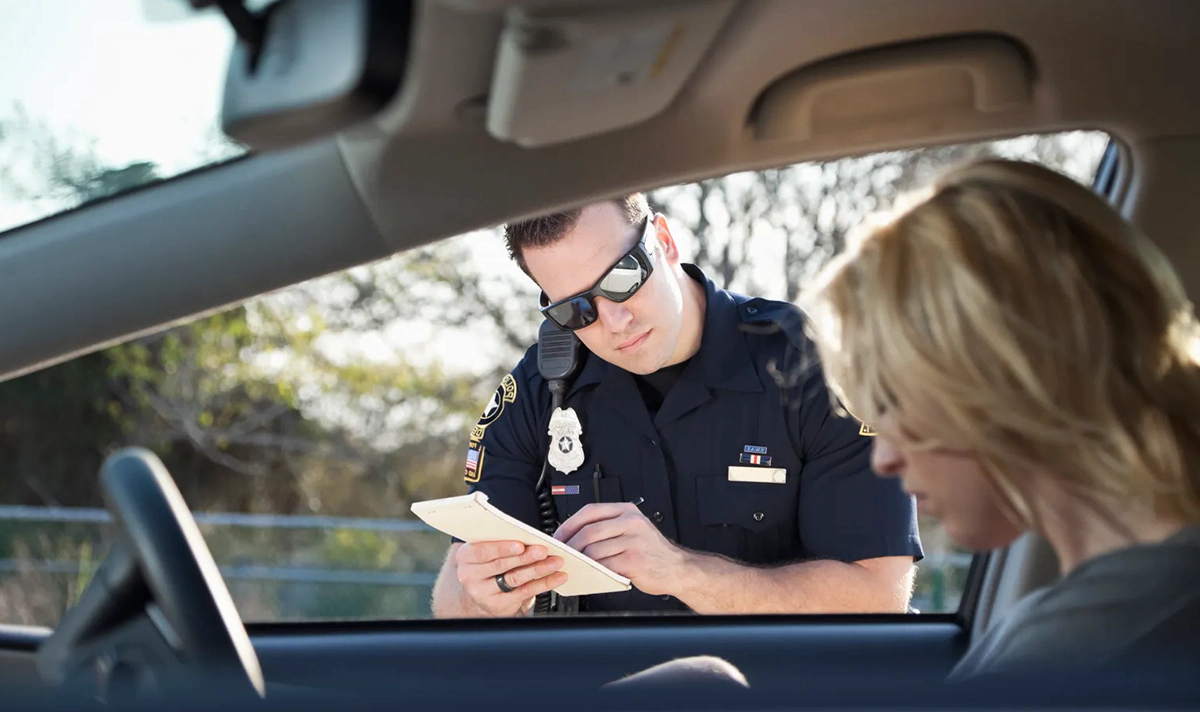

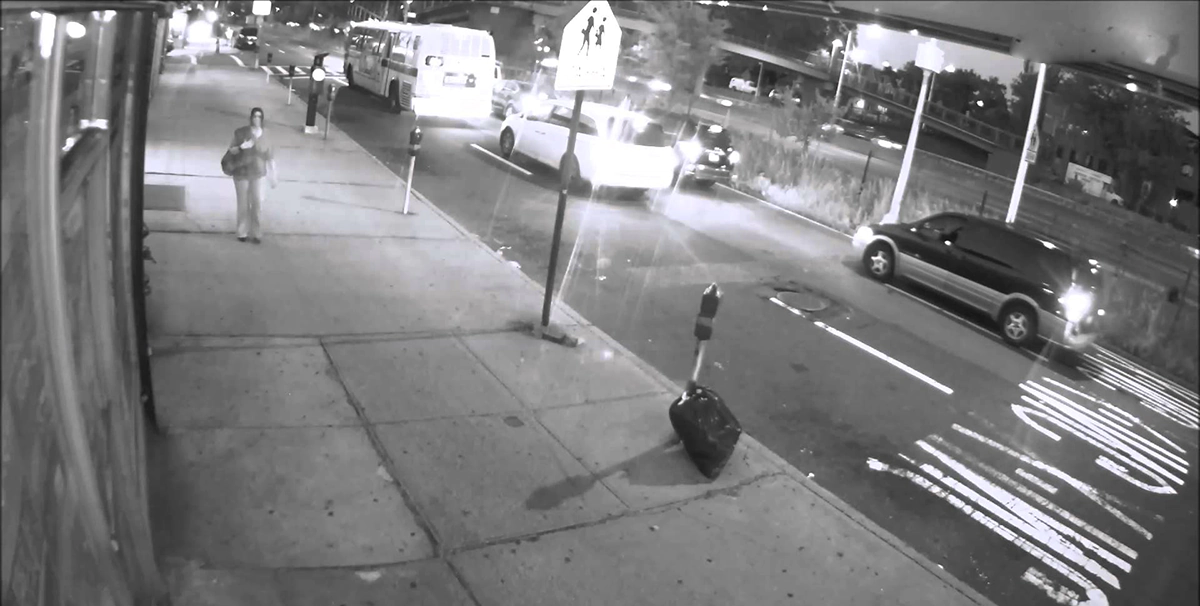


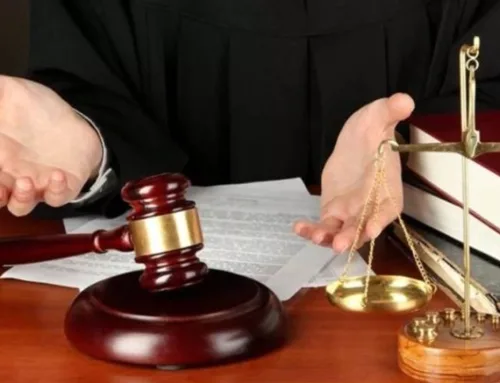
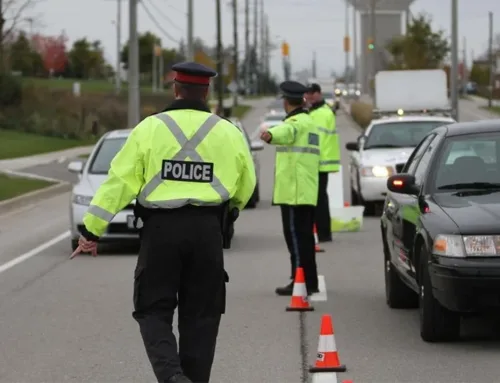

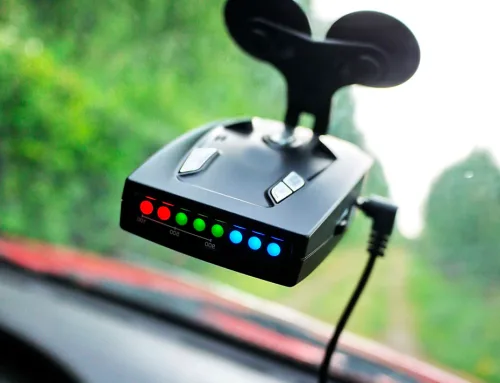
Leave A Comment
You must be logged in to post a comment.